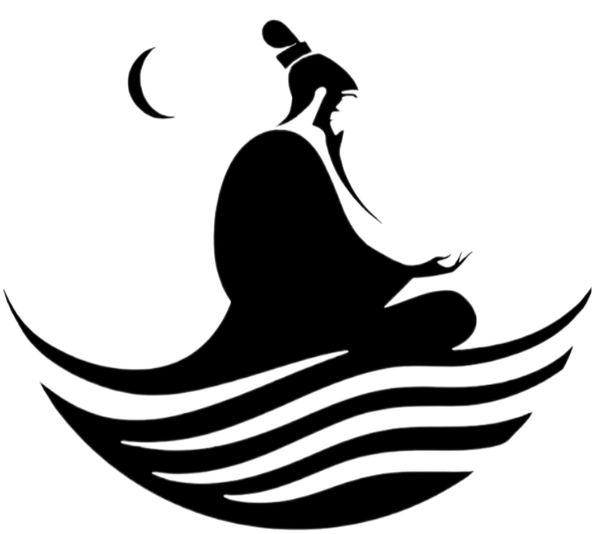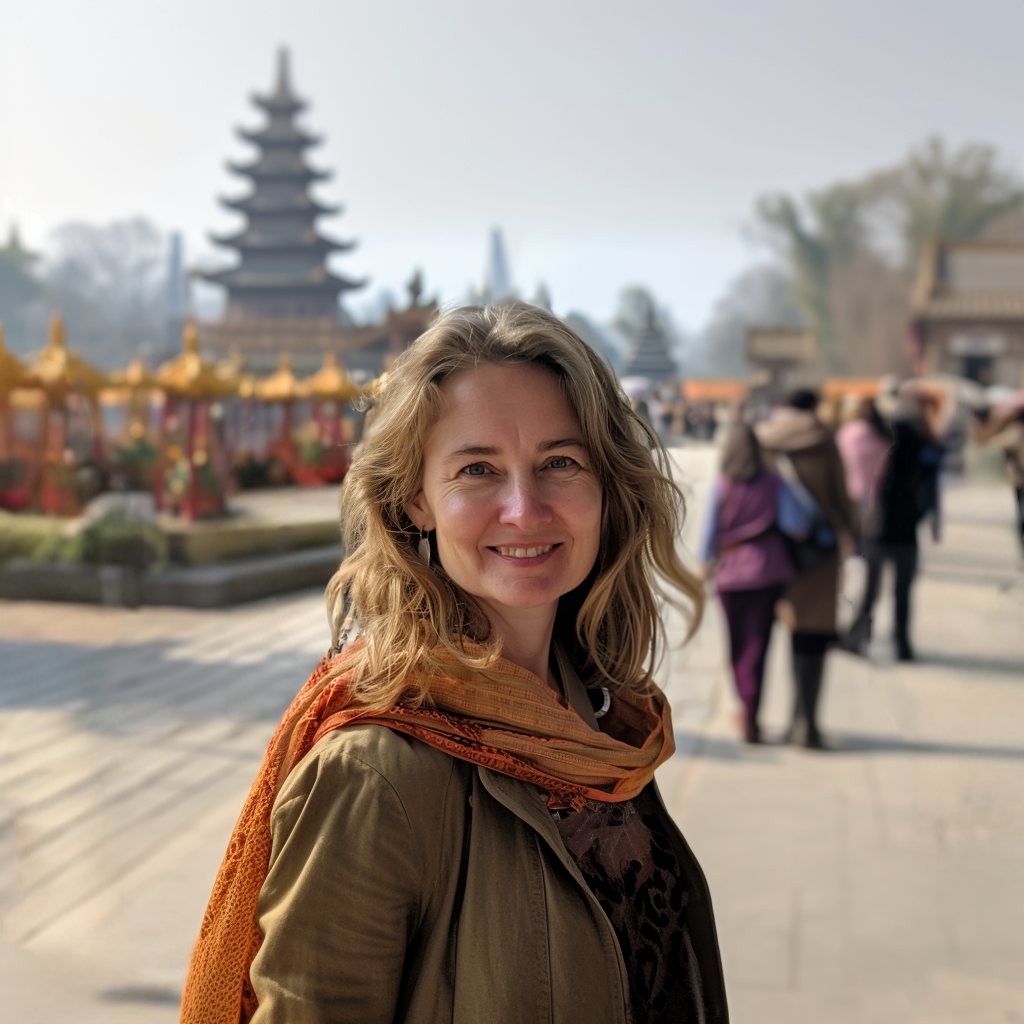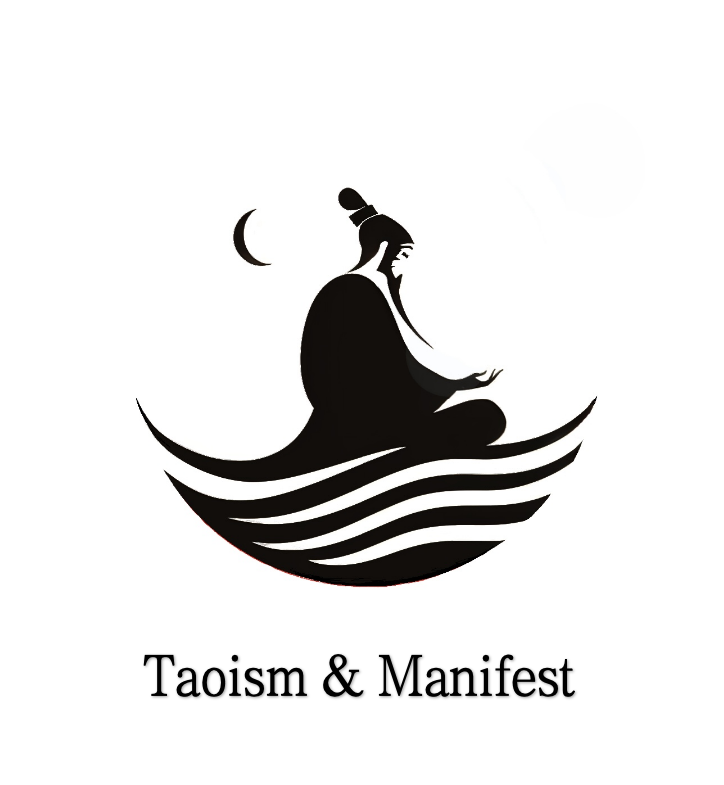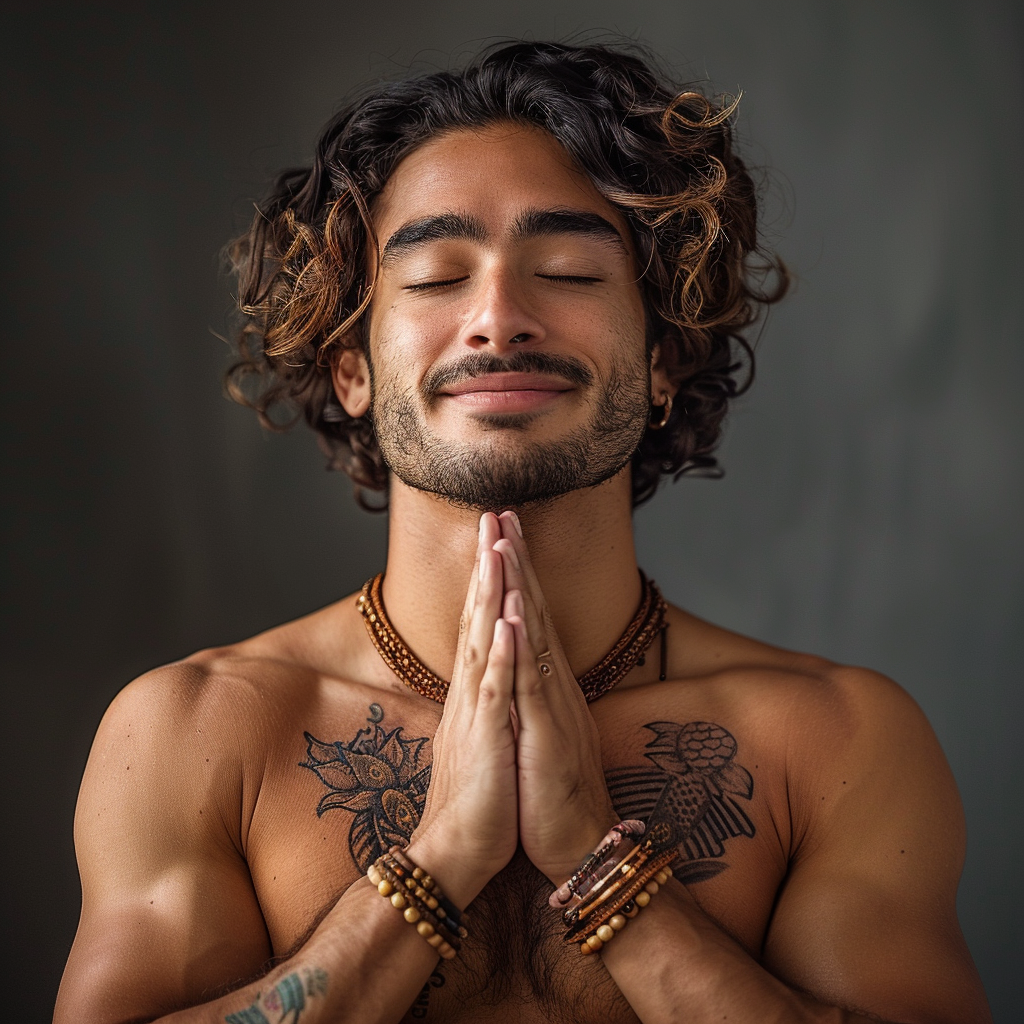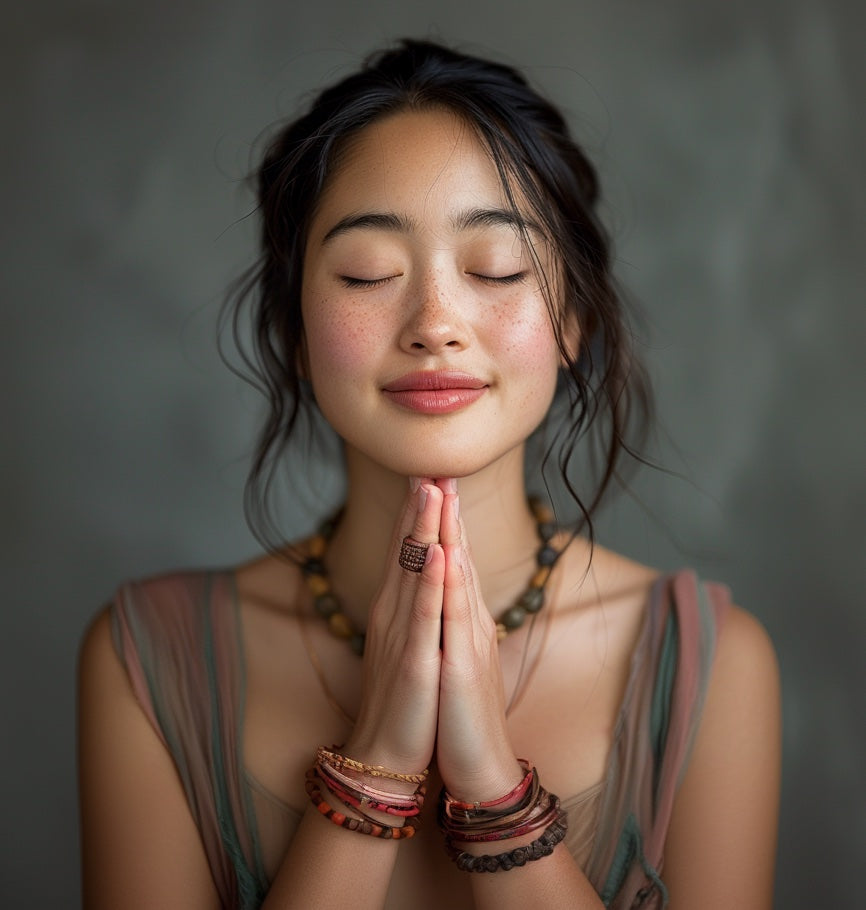
What Zhuangzi teaches about mindfulness and freedom
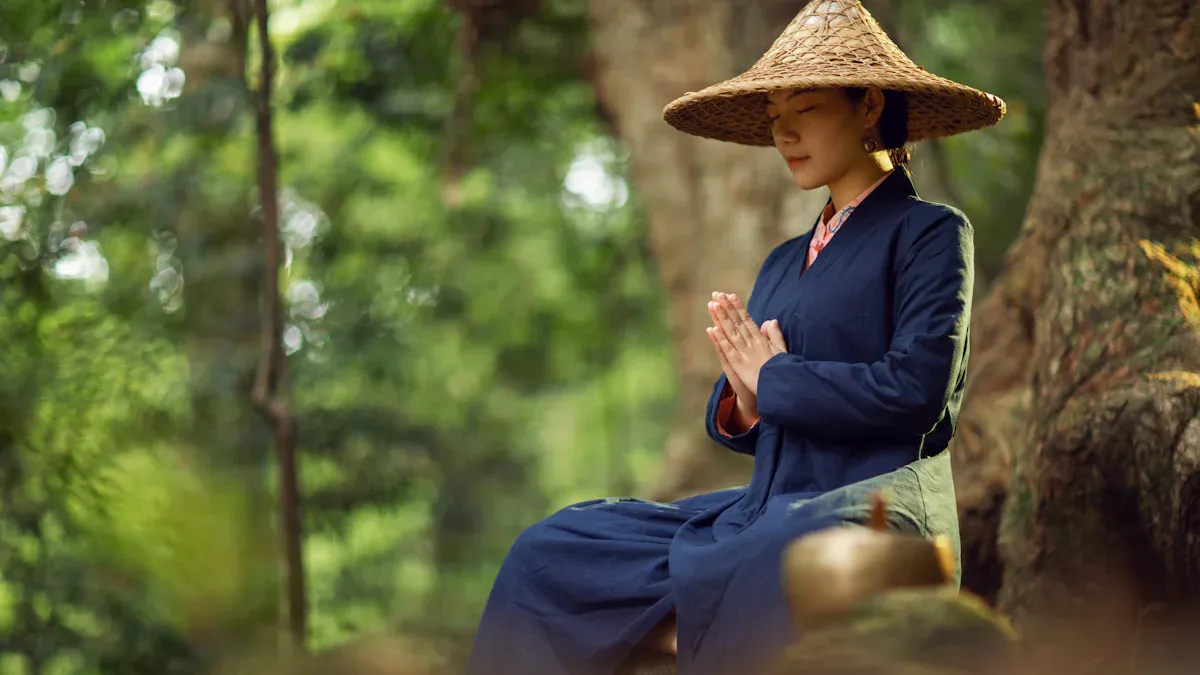
You might wonder how Zhuangzi teaches mindfulness and freedom. He invites you to let go and move with life’s changes.
Spontaneity and non-action shape modern mindfulness.
His ideas even influence environmental ethics.
“The perfect man uses his mind like a mirror—it grasps nothing, it reflects everything, it doesn’t cling. Thus, he is free.”
If you want a deeper breakdown of Zhuangzi’s meditation ideas and how they apply to modern life, you may enjoy Lessons on Mindfulness from Zhuangzi’s Writings.
Key Takeaways
Zhuangzi says real mindfulness happens when you let go of strict ideas and stay open to changes in life. -
Being calm and spending time in nature can help you feel peaceful and clear every day. -
Try to be playful and flexible so you can find out who you really are and enjoy being free in the present.
How Zhuangzi teaches mindfulness
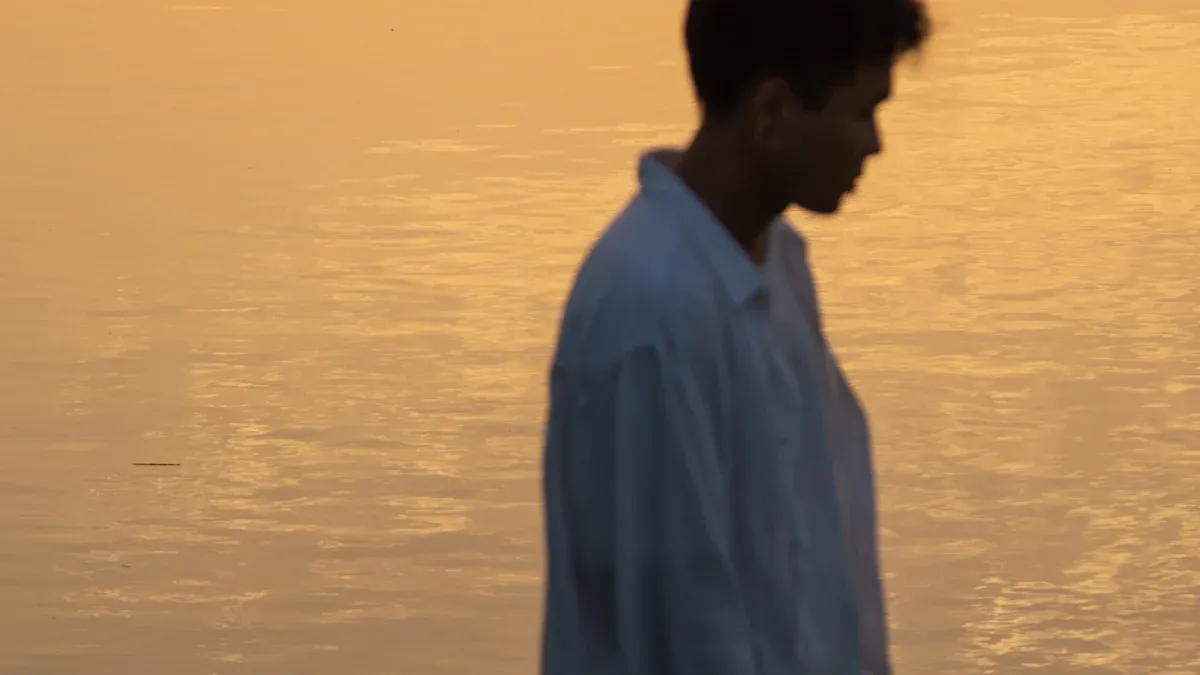
Letting Go and Flowing Cognition
You might wonder how you can let go and move with the flow of life. Zhuangzi teaches that true mindfulness starts when you stop clinging to fixed ideas and let your mind become open and flexible. He uses stories to show you what this looks like in real life.
Cook Ding says when he explains his flow experience in cutting off an ox: What I care about is the dao/way, which goes beyond skill. When I first began cutting up oxen, all I could see was the ox itself. After three years I no longer saw the whole ox. And now -- now I go at it by spirit and don’t look with my eyes. Perception and understanding have come to a stop and spirit moves where it wants.
Cook Ding’s story shows you how to act with full attention but without forcing things. You can let your spirit guide you, not just your eyes or thoughts. When you do this, you enter a state called “flow.” You lose track of yourself and become one with what you are doing. Modern science calls this “flowing cognition.” Researchers say you feel happiest and most alive when you act without overthinking or worrying about results.
Zhuangzi teaches that mindfulness means being spontaneous and natural.
You can practice “fasting of the mind” and “sitting and forgetting” to clear away worries and become calm.
When you let go of rigid thoughts, you become more adaptable and present.
When I have fasted for three days, I no longer have any thought of congratulations or rewards, of titles or stipends. When I have fasted for five days, I no longer have any thought of praise or blame, of skill or clumsiness. And when I have fasted for seven days, I am so still that I forget I have four limbs and a form and body.
You can see that Zhuangzi teaches you to forget yourself and your troubles. This helps you find peace and freedom in every moment.
Stillness and Harmony with Nature
Zhuangzi teaches that stillness is not just sitting quietly. It is a way to connect deeply with nature and the Tao. You can find true calm by letting your spirit rest and by tuning in to the world around you.
Zhuangzi’s idea of stillness means you become open and receptive. You do not force yourself to be quiet. Instead, you let your mind settle naturally. This helps you notice the harmony in everything.
As Eva Wong affirms, 'Those who cultivate the Tao regard purity and stillness as supreme,' indicating that stillness arises from the spirit's natural inclination rather than force.
Calm repose, silent stillness, empty nothingness, and Non-action are the even level of heaven and earth, the substance of the Way and its Inner Power; therefore sages find rest in them. At rest they are unperturbed and relaxed; being unperturbed and relaxed, they are calm and reposed. If they are unperturbed and relaxed, calm and reposed, cares and misfortunes cannot enter.
When you practice stillness, you feel more relaxed and less bothered by problems. You can rest in the present and let go of stress. Zhuangzi teaches that this kind of peace is the foundation for a happy life.
Mindfulness, as Zhuangzi teaches, is about being in tune with nature.
You can use meditation and quiet reflection to reach a state of harmony.
Stillness helps you discover your true self and feel connected to everything.
Zhuangzi’s stories, like the butterfly dream, remind you that life is always changing. You do not need to hold on tightly to one way of thinking. You can accept change and find happiness in the flow of nature.
Once Chuang Chou dreamt he was a butterfly, a butterfly flitting and fluttering around, happy with himself and doing as he pleased. He didn’t know he was Chuang Chou. Suddenly he woke up and there he was, solid and unmistakable Chuang Chou. But he didn’t know if he was Chuang Chou who had dreamt he was a butterfly, or a butterfly dreaming he was a Chuang Chou.
Zhuangzi teaches you to let go, be still, and live in harmony with the world. When you do this, you find freedom and peace.
If the Butterfly Dream makes you curious about how Zhuangzi questions reality and identity, read How Zhuangzi Dreaming Makes Us Doubt Reality.
Zhuangzi teaches freedom beyond conventions

Relativity of Perspectives
You might ask how Zhuangzi helps you see things differently. He tells stories like the butterfly dream to show that your view can change. Sometimes, you feel sure about who you are. Other times, you start to wonder about everything. Zhuangzi asks you to think: Are you a person dreaming you are a butterfly, or a butterfly dreaming you are a person? This fun question shows that your identity is not always the same. You do not have to stick to one idea about yourself.
Zhuangzi says every point of view is different. What matters to you may not matter to someone else. He did not want a high job or follow what others expected. You can learn from him. You do not have to do what everyone else does. You can make your own choices.
“A path is made by walking on it. If you follow others, you only see their footprints.”
Zhuangzi’s ideas came from a time when there was a lot of trouble. People argued about what was right and wrong. Zhuangzi teaches you to look at the bigger picture.
Zhuangzi's philosophy started during the Warring States period, which was a hard time.
He answered arguments about right and wrong by talking about personal freedom.
Zhuangzi says real happiness comes from letting go of what society wants.
You can use this lesson now. When you see that you disagree with someone, try to see things their way. Your own ideas might change. This helps you get along better and understand people more.
Playfulness and Transcending Duality
Zhuangzi teaches you to live with a light heart. He shows that life does not always have to be serious. You can laugh at yourself and enjoy what is happening now. When you stop splitting things into good or bad, you feel more free. Zhuangzi says you do not have to pick just one side. You can change roles, like the butterfly in his story.
“Happiness is the absence of the striving for happiness.”
This playful way of living helps you every day. When you play music or join group games, you feel close to others. Studies today show that being playful helps you feel like you belong. You feel safer and more at home with your friends. You do not just have fun; you also grow as a person.
Zhuangzi says your identity can change. You can be flexible. Modern thinkers agree with this. They say your sense of self changes with your surroundings. When you let go of strict labels, you are open to new things.
Here is a simple table that shows how being playful and not picking sides can help you:
Benefit |
How It Helps You |
|---|---|
Sense of belonging |
You feel part of a group |
Emotional wellbeing |
You feel happier and less stressed |
Flexibility |
You adapt to change easily |
Creativity |
You think of new ideas |
You can practice being playful by trying new things and not worrying about mistakes. Zhuangzi teaches you to accept change and not follow strict rules. You can find freedom by living in the moment and enjoying surprises.
Zhuangzi talked about wuwei, or 'non-action,' which means acting naturally.
He said happiness comes from knowing your true self, not from following fake rules.
His ideas have helped people all over the world question fixed identities and accept change.
You can see that Zhuangzi teaches freedom by helping you step outside of what is normal. When you live playfully and accept that everyone sees things differently, you find peace and freedom.
Practical lessons from Zhuangzi
Applying Mindfulness Today
You might wonder how you can use Zhuangzi’s wisdom in your daily life. Zhuangzi teaches that you can find peace by letting go of rigid routines and connecting with nature. Try spending time outside and listen to the sounds around you. Studies show that walking in nature lowers stress and helps your mind work better. You can also notice how the weather affects your mood or eat foods that are in season. These small changes help you feel more present.
Here are some easy ways to practice mindfulness every day:
Spend a few minutes each morning watching your thoughts without judging them.
Pay attention to how your body feels when you do simple tasks, like washing dishes.
Take three slow breaths between activities.
At night, think about when you felt most present during the day.
You can also use this table to simplify your life:
Area |
Simple Approach |
|---|---|
Mental |
Present awareness |
Digital |
Offline moments |
Physical |
Organized spaces |
Schedule |
Key tasks only |
When you let go of perfection and focus on what matters, you feel lighter and happier.
Finding Autonomy and Peace
You want to feel free and calm, even when life gets busy. Zhuangzi teaches that you can find autonomy by accepting change and trusting your own path. You do not have to follow strict rules or worry about what others think. Instead, you can align with the Tao, the natural way of things. This helps you relax and feel at ease.
Block out time for stillness. Sit quietly and let your thoughts settle. Research shows that this kind of practice reduces stress and brings clarity. You can also balance work with rest, and strip away things that do not fit your true self. When you do this, you feel more open and peaceful.
Tip: Try barefoot grounding—stand on grass or sand and notice how you feel. This simple act connects you to the earth and helps you let go.
Remember, you are not a fixed person. You can change and grow. By following Zhuangzi’s advice, you find your own way to peace and freedom.
Zhuangzi teaches you to let go of outside pressure and find your true self. You can shift your focus from being useful to being free.
Try new hobbies just for fun.
-
Keep a journal to track moments when you let go.
Ask yourself, “How can I be more free today?”
FAQ
How can you start practicing Zhuangzi’s mindfulness?
Try “sitting and forgetting.” Sit quietly, breathe slowly, and let your thoughts drift away.
Tip: Begin with just five minutes each day.
What does Zhuangzi mean by “freedom”?
You find freedom when you stop worrying about rules and labels. You can choose your own path and enjoy life’s changes.
Embrace change
Live lightly
Can you use Zhuangzi’s ideas in school or work?
Yes! You can focus on the present moment, let go of stress, and stay flexible.
Note: Mindful breaks help you feel calm and think clearly.
